

People play board games for various reasons. Some love the challenge, some gravitate toward the social dynamic of competition, and others want to test their skill or luck.
Games like Monopoly, for example, provide an escapist pleasure of getting prosperous and dominating the market. Fun fact: the Monopoly Man was inspired by J.P. Morgan, a powerful banker who dominated corporate finance on Wall Street throughout the Gilded Age.
As a trader, you can turn a fun game night into a learning experience for yourself and your loved ones. Here are some games for you to try.
1. Panic on Wall Street
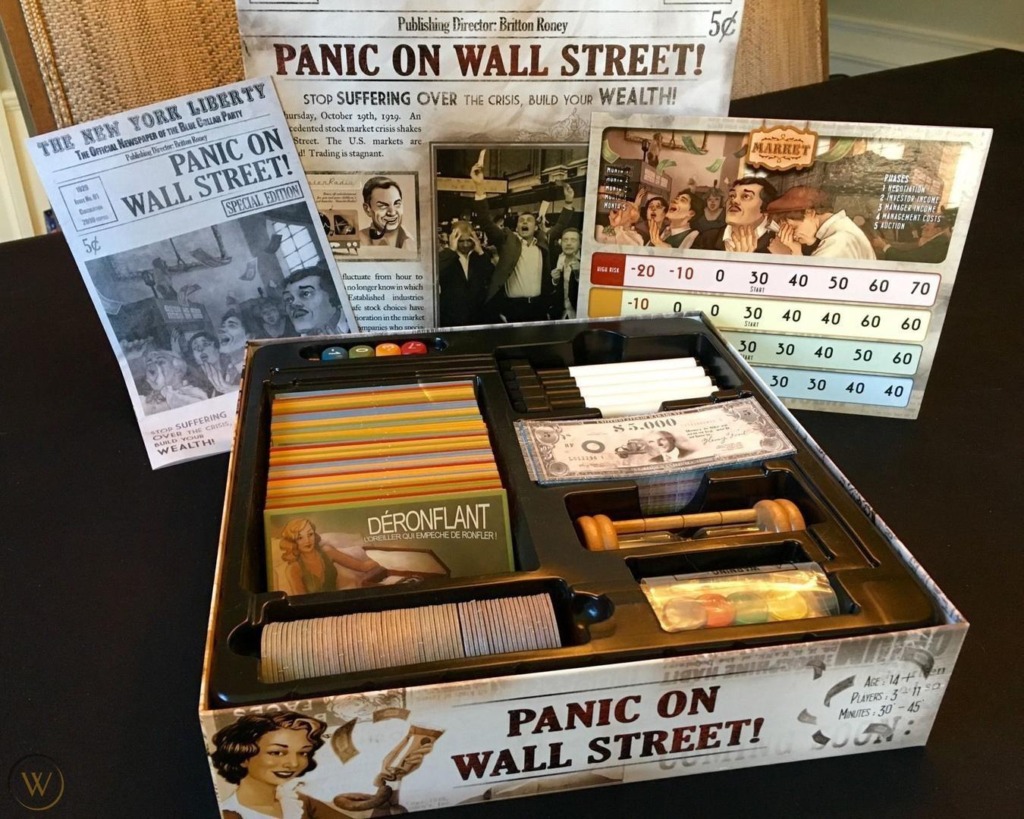
Panic on Wall Street is about outsmarting the competition and earning your place as an undisputed master of commerce. Players are divided into managers and investors. During noisy, two-minute free-for-all intervals, the two groups will need to negotiate share prices with each other. The game has an element of luck, so the market may or may not be kind to you.
2. Cashflow 101

Created by renowned entrepreneur Robert Kiyosaki, Cashflow 101 is a fund management game. It embodies his vision of an interactive tool for financial education and is based on the lessons from the New York Times bestseller in personal finance. Here, players escape the 9-to-5 by acquiring stocks, investing, and making passive income.
3. Chicago Express
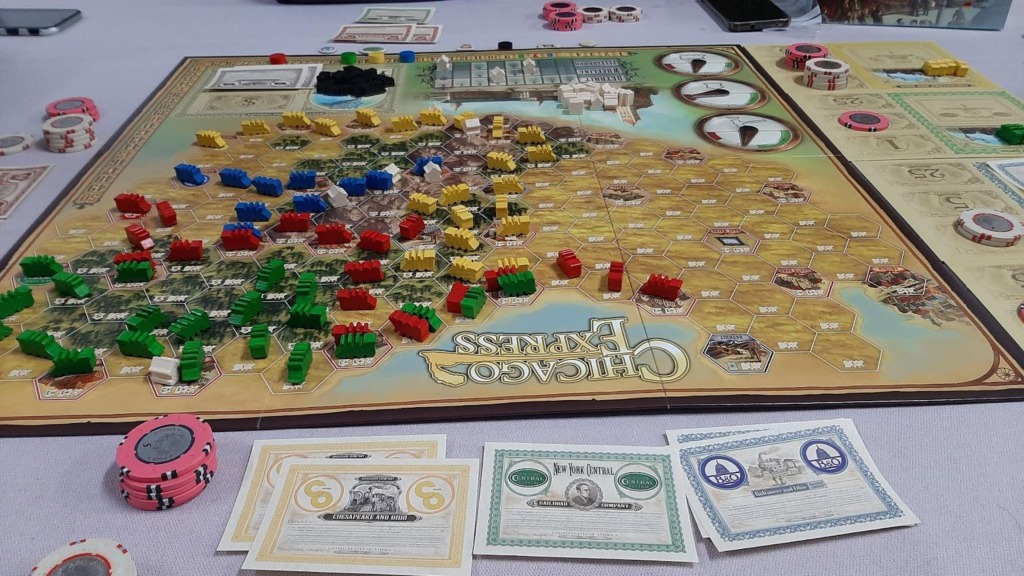
Chicago Express is a strategic game with no luck factor. The game is themed around railroads driving from the East Coast across the US to Chicago. For each round, you need to decide between expanding the rail system of one of your railroad companies or auctioning a share of one of the other player’s companies.

4. Airlines Europe
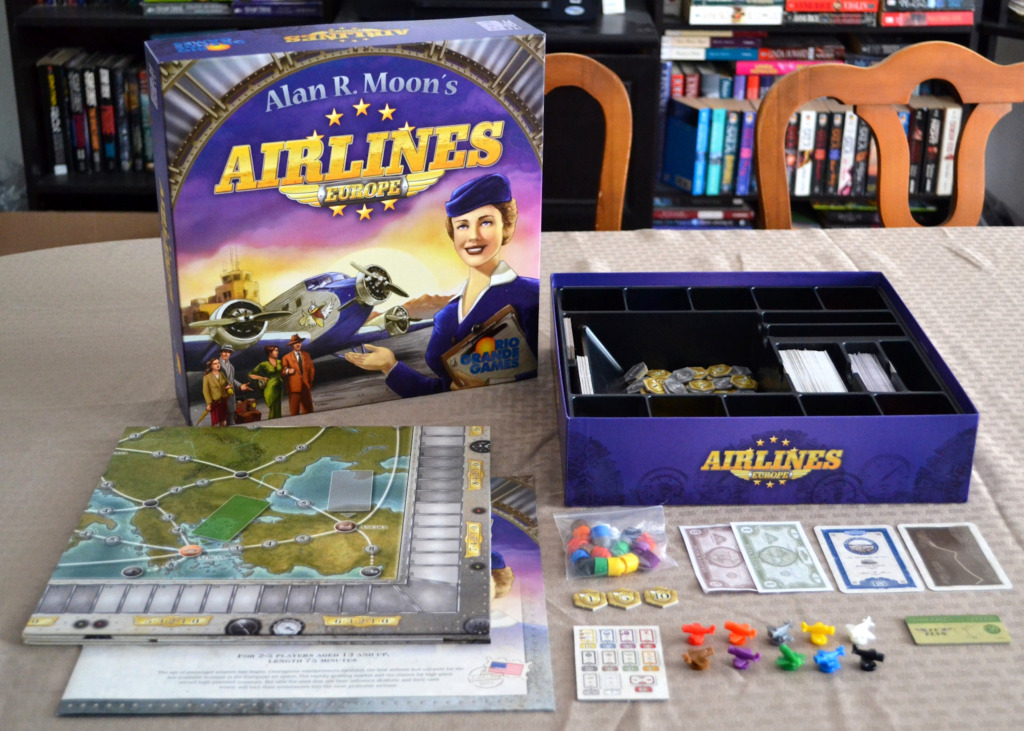
Airlines Europe is a stock game where players can earn points for holding the stock they hold in airline companies. The luck factor comes into play when the companies are randomly scored with dice. Players can expand their airline or invest and receive dividends.
5. Charge Large
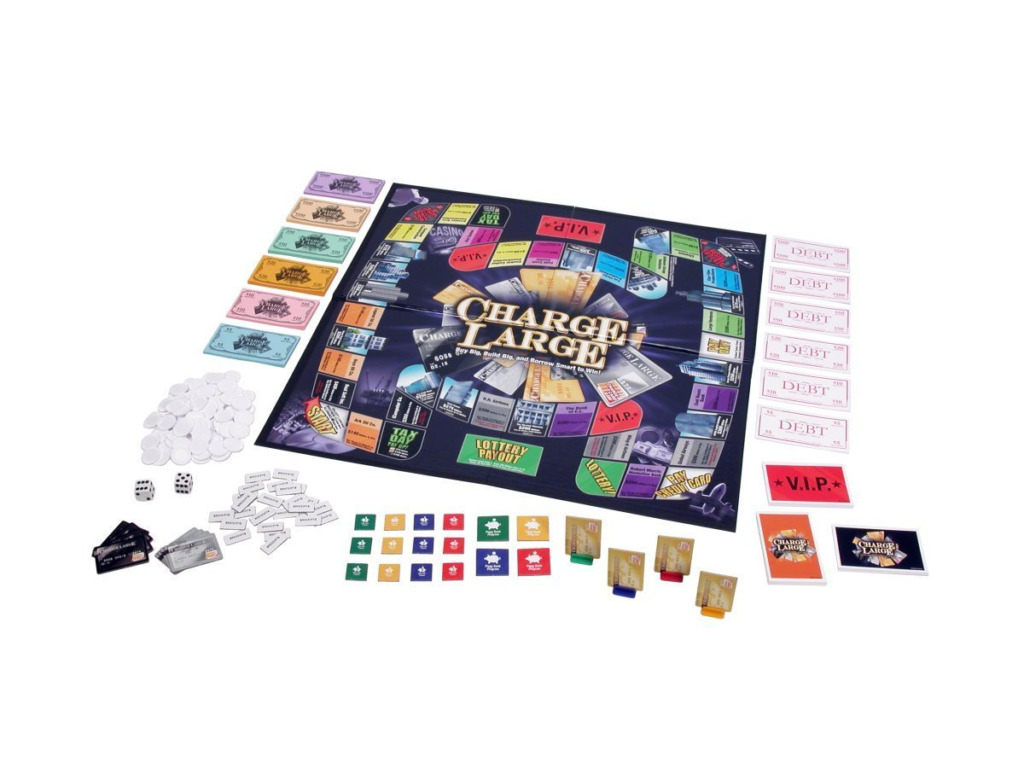
Charge Large is about managing debt and assets. Players start the game with an entry-level bank card, some gold, and some cash. Over the course of the game, they need to buy strategically, borrow wisely, and pay back quickly—with the platinum bank card as the ultimate goal.
6. Last Will
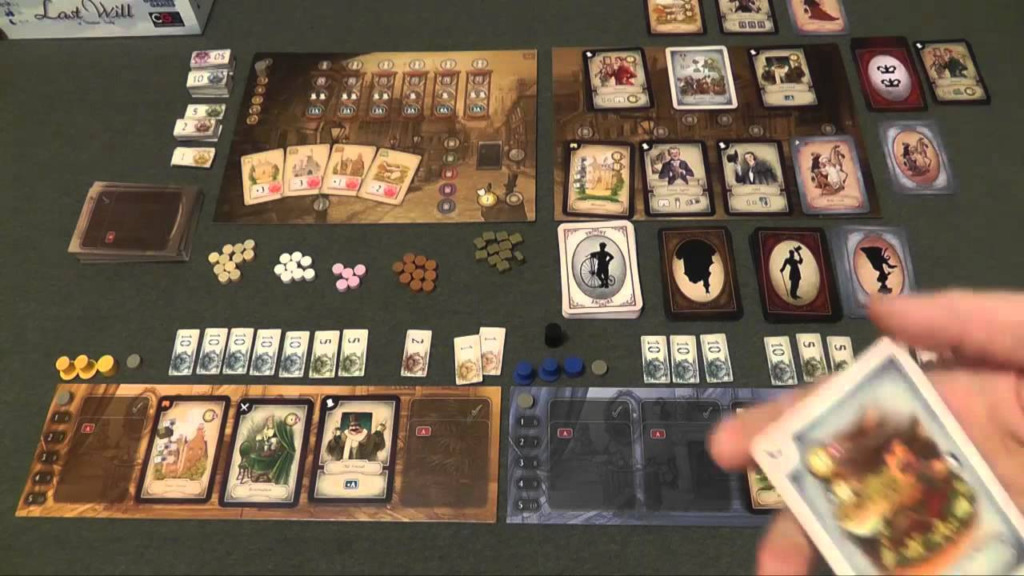
In Last Will, players need to spend their dearly departed uncle’s money while competing who will spend the fortune more quickly. It’s all about bad money management habits—living lavishly, buying old properties for the price of new ones, etc.
Honorable mentions
Here are a few other great games that didn’t make the main list:
- Acquire: Investing, divesting, and staging hostile takeovers
- Crude: Expanding your energy company into a multi-national mega-corporation
- The Game of Life: Simulating a journey through life, from early adulthood to retirement
To conclude, these board games may be fun to play. But there’s more to them—they can teach you core financial literacy concepts, make you a part of Wall Street history, and even provide investment insights.








